
With heads held high
Twin sisters Jean and Jo came from a military background, so joining the Army was an obvious choice. Sadly, their experiences of homophobia left a mark on them both, bringing an end to their careers in different ways.

Twin sisters Jean and Jo came from a military background, so joining the Army was an obvious choice. Sadly, their experiences of homophobia left a mark on them both, bringing an end to their careers in different ways.
For 67-year-old twin sisters Jean and Jo, joining the military felt like an obvious choice.
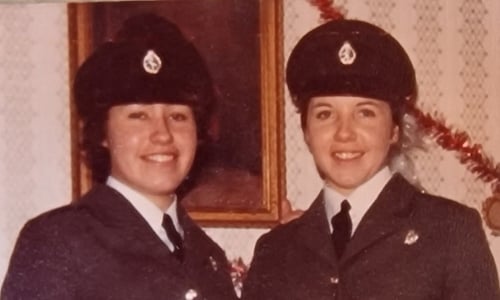
“Our father was in the Army in the Royal Artillery, our mum was in the Royal Air Force,” explains Jo. “It was a natural choice, really. And like everybody, we wanted a good career, good friendships, good travel. Joining ticked all the right boxes.”
The added promise of camaraderie, a sense of belonging, and the pride of serving their country had the sisters hooked – and in 1977, aged 19, Jean and Jo both signed up.
The sisters happily settled into their roles as physical training instructors, in separate units. But just three and a half years after joining the army, Jean’s beloved career was abruptly cut short – and the pain the experience caused would continue to haunt her for decades.
Despite being decriminalised for civilians in 1967, homosexuality remained a criminal offence in the Armed Forces until 2000. Until then, the Special Investigation Branch would ruthlessly enforce the ban, investigating those suspected of being LGBT+, and using blackmail to urge them to confess and to name others.
“When I signed up, I didn’t know about my sexuality at all,” says Jean. Living in a camp that housed around 600 other women, and discovering that Jo was also gay, helped Jean to work out her own feelings.
Jo was in a gay relationship and felt vulnerable and always looking over her shoulder in case her relationship was discovered.
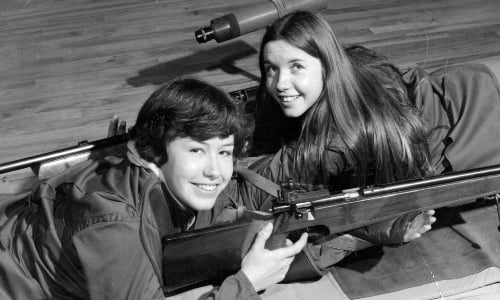
As Jean developed her own relationship with a woman from her unit, she understood the need to keep things discreet. But it was only after being posted to a different camp that Jean began to feel real scrutiny. “It was a mixed unit, and there was suddenly a stronger homophobic view,” says Jean. “There was that culture suddenly, and I realised I was in a really hostile environment.”
After a soldier from Jean’s unit reported a lesbian relationship to the camp’s commanding officer, members of the Special Investigation Branch were called in. “I don’t know how my name came up, but there were five of us,” recalls Jean. “I remember going into the woods with a bag and burying some personal belongings which I thought might be incriminating.”
Jean had to watch while the Special Investigation Branch ransacked her room, taking letters, photographs and citing her Tina Turner poster and ‘men’s pyjamas’ as proof she was gay. She was then subjected to a six-hour interrogation with intrusive questions about her sex life. Throughout it all, Jean denied being gay for fear of being kicked out of the army.
It was only after talking with a civilian solicitor that Jean learned she’d had a right to have someone in the room with her during the interrogation. “We were not informed of our rights,” says Jean. “At one point we were told our safety could not be guaranteed on camp.”
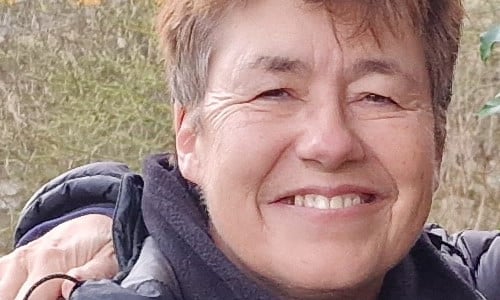
After I was discharged, there was no support, no resettlement and it felt like I’d gone from having a career and friends to having absolutely nothing
Jean was discharged from the army with ‘services no longer required’, her records stating that she was ‘immoral’ and ‘a deviant’. “After I was discharged, there was no support, no resettlement and it felt like I’d gone from having a career and friends to having absolutely nothing,” Jean explains. “I had to face facts: I was kicked out of my dream job just for being me.”
Jean eventually retrained as a physiotherapist, but the trauma caused by her discharge had long-lasting effects – impacting her mental health and relationships. “I just felt this total shame my whole life,” Jean reveals. “I’ve spent 30 years in the mental health system, in and out of hospitals. And I lost the ability to love – I’ve really struggled with that. I’ve never really had a loving relationship because I couldn’t accept my sexuality.”
Jo, meanwhile, spent another three years of “extreme anxiety and stress” in the Army, fearing being outed herself. In the end, she left on her own terms. “It was an extremely hard time, and my attitude to the forces changed. Why had they done this to my sister?” Jo reflects. “I left on my own accord rather than being dispensed with, but I was pushed. I didn’t want to leave; I had wanted a long career.”
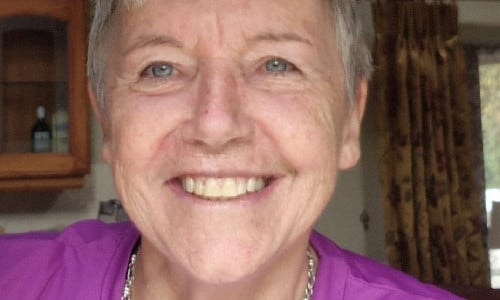
There were claps as we marched past, and it made me so proud that I was wearing a cap badge on my beret
After decades of feeling ashamed and alone, the twins have found support through contacting Fighting with Pride, an LGBT+ veterans’ charity founded in 2020 with a particular focus on helping those affected by the former ban. “Meeting other veterans with similar lived experiences … you immediately identify with them, and I feel less alone” says Jean. “Fighting with Pride has opened doors that have been closed for many, many years.”
Jean is also in the process of tackling some of the long-term injustices of her discharge – like the pension she was made ineligible for. “Because I was discharged after just three years, I don’t qualify for an army pension. I had planned to serve for the full term of 22 years which would have given me financial security as I got older.”
Operation Sterling, a programme set up by Age UK in partnership with Fighting with Pride, is helping Jean to access money she’s entitled to. Combining the expertise of Age UK’s advisers with Fighting with Pride’s knowledge of the issues facing LGBT+ veterans, Operation Sterling provides telephone-based support on finances, housing options, social care and more to older LGBT+ veterans like Jean and Jo.
Moving forward, the sisters hope to educate others about the ban and its impact on the lives of the veterans it discriminated against. In 2021, they joined other veterans from Fighting with Pride in the Remembrance Day Cenotaph Parade – the first time LGBT+ veterans were included.
“It was so uplifting,” says Jo. “There were claps as we marched past, and it made me so proud that I was wearing a cap badge on my beret.”
For Jean, the moment marked a change in her perspective: “My military discharge left me with years of low self-esteem, shame and mental health difficulties. But as we were waiting to march, I realised that what happened to me is their shame… not mine.”
Working in partnership with Fighting With Pride, Age UK's Advice Line is delivering the Operation Sterling programme, working to help older LGBT+ veterans, service personnel and their families in a range of areas.
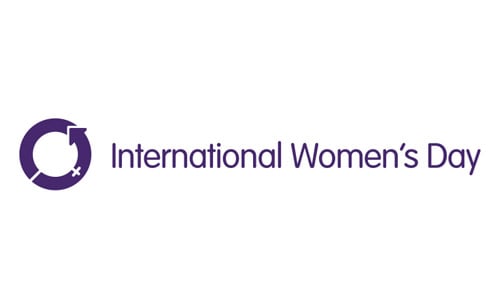
To celebrate International Women's Day, we introduce four women whose lives and work continue to inspire later life.
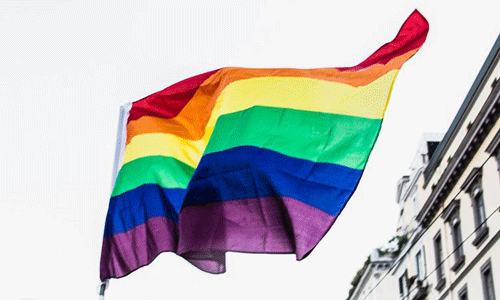
Age UK recently revised its LGBT+ content to better reflect the diversity of experiences in older people. Here's how.
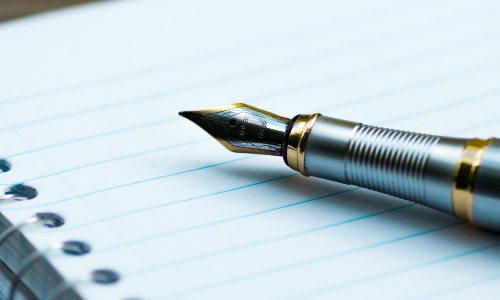
Age UK speaks to poet Magi Gibson about re-releasing a collection that tackles age (and other topics) 21 years later.
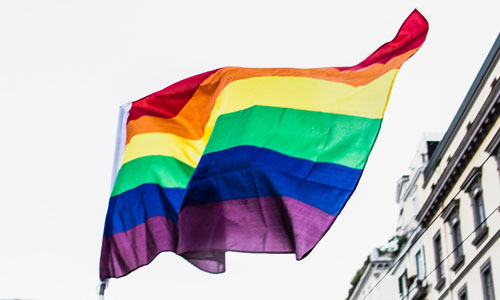
Highlighting the health and care needs of older LGBT+ people, and what can be done to improve their experiences.